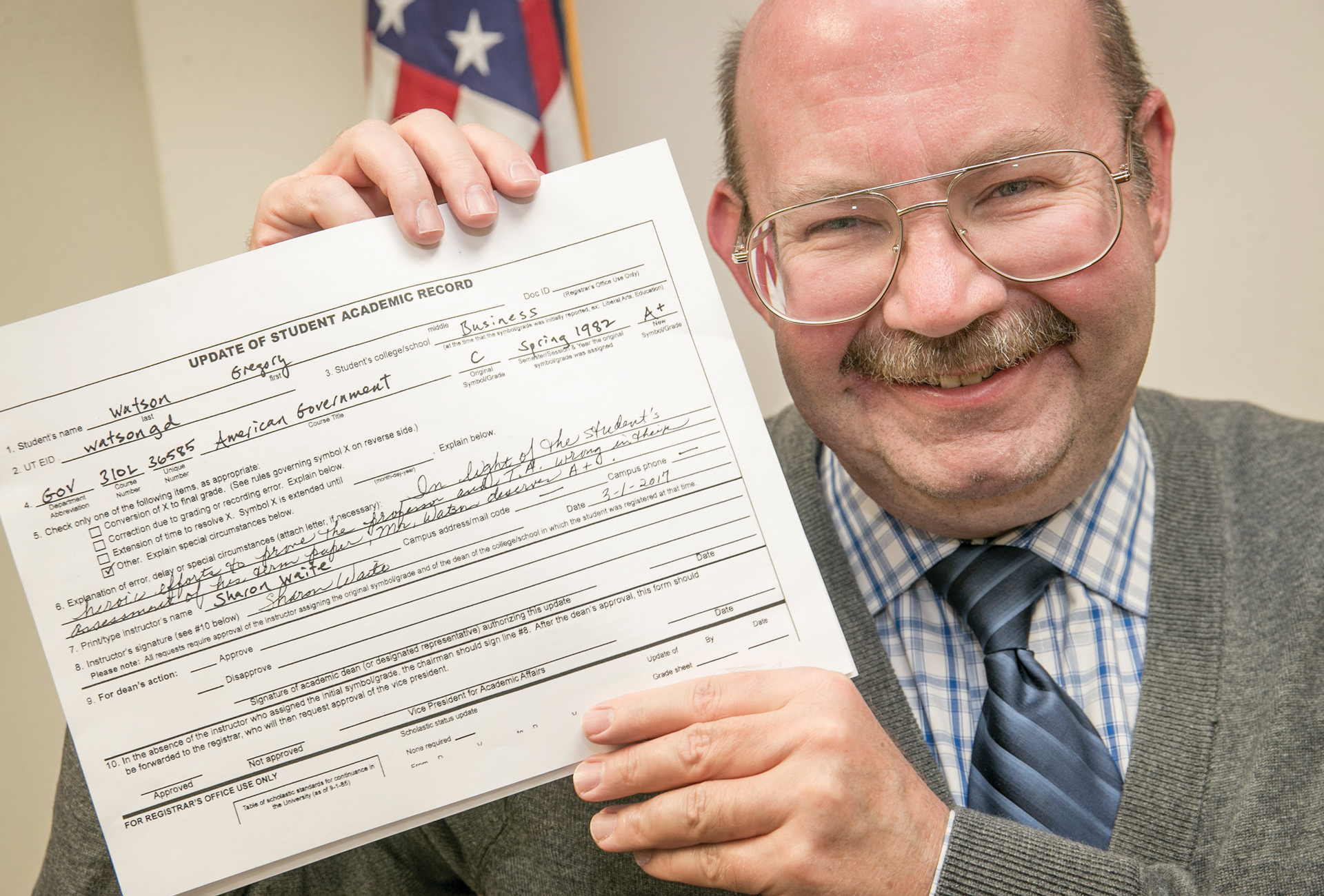It took two centuries and one mediocre grade to ratify the 27th Amendment of the U.S. Constitution.
In 1982, Gregory Watson stumbled upon a 200-year-old proposed amendment, written by James Madison, while researching a paper for his sophomore government class. It read: “No law varying the compensation for the services of the Senators and Representatives shall take effect until an election of representatives shall have intervened.”
Although the amendment hadn’t received enough state support to be passed at the time, Watson also noticed it didn’t have an expiration date. Excited, he wrote his paper on the possibility of reviving and ratifying the long-lost amendment. But his professor, Sharon Waite, didn’t see anything that was particularly outstanding about the paper and gave Watson a “C” for his efforts.
It took two centuries and one mediocre grade to ratify the 27th Amendment of the U.S. Constitution.
“So, I thought right then and there, ‘I’m going to get that thing ratified,’ ” Watson told NPR reporter Matt Largey on “All Things Considered.”
To ratify, 38 state legislatures needed to approve the amendment, minus the nine that had approved it in the late 18th century. So Watson began writing letters to members of Congress urging them to push the matter, mostly to no avail. But he struck gold with Sen. William Cohen from Maine, who passed along the idea to state lawmakers, who approved it in 1983.
Several letters, phone calls and conversations later, the Colorado Legislature followed suit in 1984; then five more states in 1985, three in 1986, 1987 and 1988; and seven more in 1989. After a decade of guerrilla lobbying, Watson listened on the phone as Michigan legislators sealed the deal.
“I wanted to demonstrate that one extremely dedicated, extremely vocal, energetic person could push this through,” Watson says. “I think I demonstrated that.”
When Waite learned that her C had inspired Watson to get a constitutional amendment passed, she was “blown away.” And in hindsight, she says she believes Watson deserved an A+ for his effort. Thirty-five years later, with the assistance of government associate professor Zachary Elkins and signoff from his former professor, Watson finally earned that A+.
